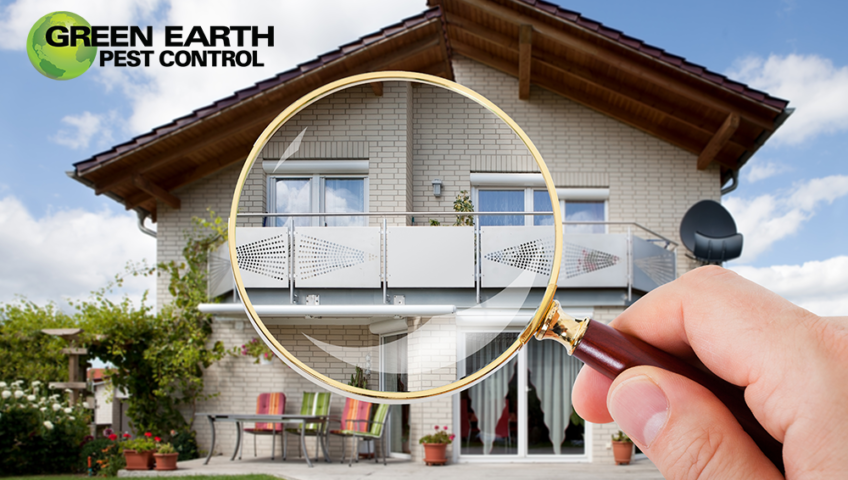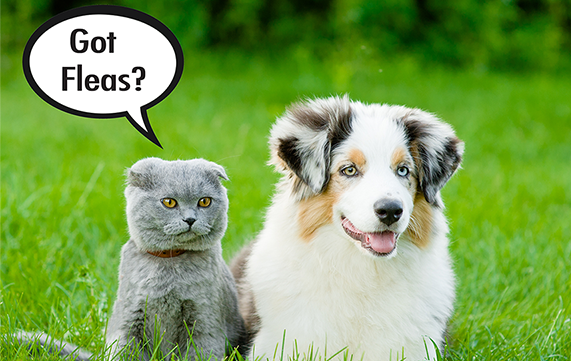
Is Your Lawn Lagoon Friendly? Ask Us How.
Wondering if you lawn is Lagoon Friendly for the Indian River Lagoon? Ask us at Green Earth Pest Control on ways to make sure that you are!
Learn to grow an environmentally responsible, low maintenance, yet beautifully landscaped lawn by following the Nine Principles of Florida-friendly Landscaping. The Principles are designed to reduce the demand on Florida’s aquifer by minimizing the need for irrigation and to decrease the amount of fertilizers, pesticides, and other pollutants used on lawns which enter our lakes, ponds, and the Indian River Lagoon.
Here are Nine Principles of Florida-friendly Landscaping:
1) Right Plant, Right Place: Plants selected to suit a specific site will require minimal amounts of water, fertilizers and pesticides.
2) Water Efficiently: Irrigate only when your lawn needs water. Efficient watering is the key to a healthy yard and conservation of limited resources.
3) Fertilize Appropriately: Less is often best. Over-use of fertilizers can be hazardous to your yard and the environment.
4) Mulch: Maintain two to three inches of mulch to help retain soil moisture, prevent erosion and suppress weeds.
5) Attract Wildlife: Plants in your yard that provide food, water and shelter can conserve Florida’s diverse wildlife.
6) Manage Yard Pests Responsibly: Unwise use of pesticides can harm people, pets, beneficial organisms and the environment.
7) Recycle: Grass clippings, leaves and yard trimmings composted and recycled on site provide nutrients to the soil and reduce waste disposal.
8) Reduce Stormwater Runoff: Water running off your yard can carry pollutants, such as fertilizer, pesticides, soil and debris that can harm water quality. Reduction of this runoff will help prevent pollution.
9) Protect the Waterfront: Waterfront property, whether on a river, stream, pond, bay or beach, is very fragile and should be carefully protected to maintain freshwater and marine ecosystems
Take advantage of the learning opportunities provided by UF/IFAS Extension Brevard County: The My Brevard Yard program offers workshops and personalized site visits which teach you how to create and maintain a beautiful lawn while minimizing pollutants that enter our waterways.
And you can read more on the City of Titusville website: http://www.titusville.com/Page.asp?NavID=2014



